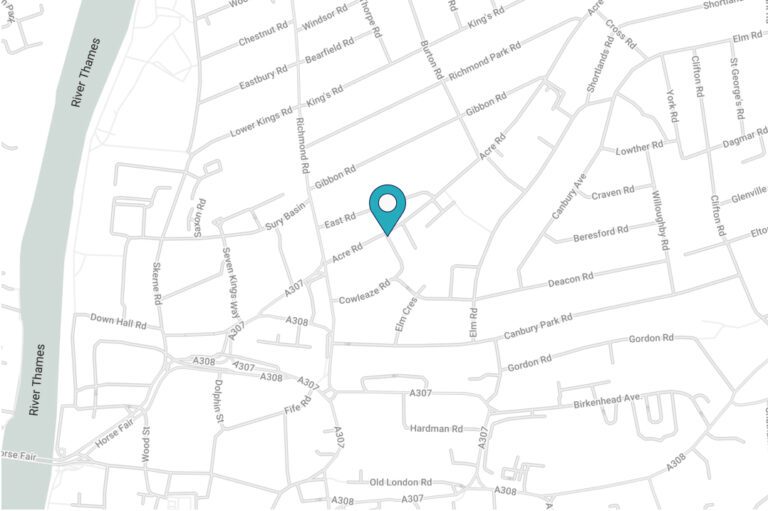 It’s all about controlling the narrative, getting ahead of the story – so the old crisis comms adage goes.
It’s all about controlling the narrative, getting ahead of the story – so the old crisis comms adage goes.
Presumably, that’s what Prince Andrew was trying to do with his disastrous interview with Newsnight’s Emily Maitlis on Saturday night.
The outcome. Column inch after column inch of criticism in every major news outlet, in print and online. ‘Cringe-worthy’, ‘PR disaster’ in almost every comment piece or headline. Prince Andrew is no longer controlling the Epstein narrative, he is the narrative.
Perhaps the oddest thing of all about Prince Andrew’s interview was the timing. Perhaps there’s something on the horizon in the Epstein story we’re unaware of but it seemed like the storm had passed, the media had moved on, for the time being anyway.
You’d make the assumption that Prince Andrew would hire some of the brightest media brains in Britain. Seemingly not. The PR adviser might have advised against it but they obviously weren’t the one calling the shots. If you’re going to ‘get ahead’ of the story, at least make sure your narrative is a strong, watertight rebuttal of the topic in question. While not being able to remember may, or may not, be the truth, that was clearly never going to cut it. For an interview that was six months in the planning, Prince Andrew and his advisers had to do better.
What should he have done? In short, nothing. The media’s gaze wasn’t on him. He didn’t need to poke the bear. Now he must batten down the hatches, nothing he can do from here will help his cause reputationally. If he is going to surface again, which seems a massive risk, it should be to recognise what a car crash the interview was. But even that is likely to lead to more questions and more negative column inches. Best to stay hiding behind the sofa.
The Royal Family is no stranger to PR crisis. See some of the best ones.
Seven crisis comms tips Prince Andrew and his team could have considered before his interview:
- Turn off the fan. Don’t fuel the fire
- Be proactive, be transparent, be accountable. But if you’re going to do all of those things, do them properly
- Get ahead of the story, if you need to
- Take responsibility. ‘I can’t remember’ isn’t good enough.
- Listen to your team first, don’t just react
- If you’re putting your head above the parapet be prepared
- Consider what’s the worst that could happen if you do react
Photo by Sarah Kilian on Unsplash
Be Bold.
It’s time to come off the fence:
How can we help you?
Message us







